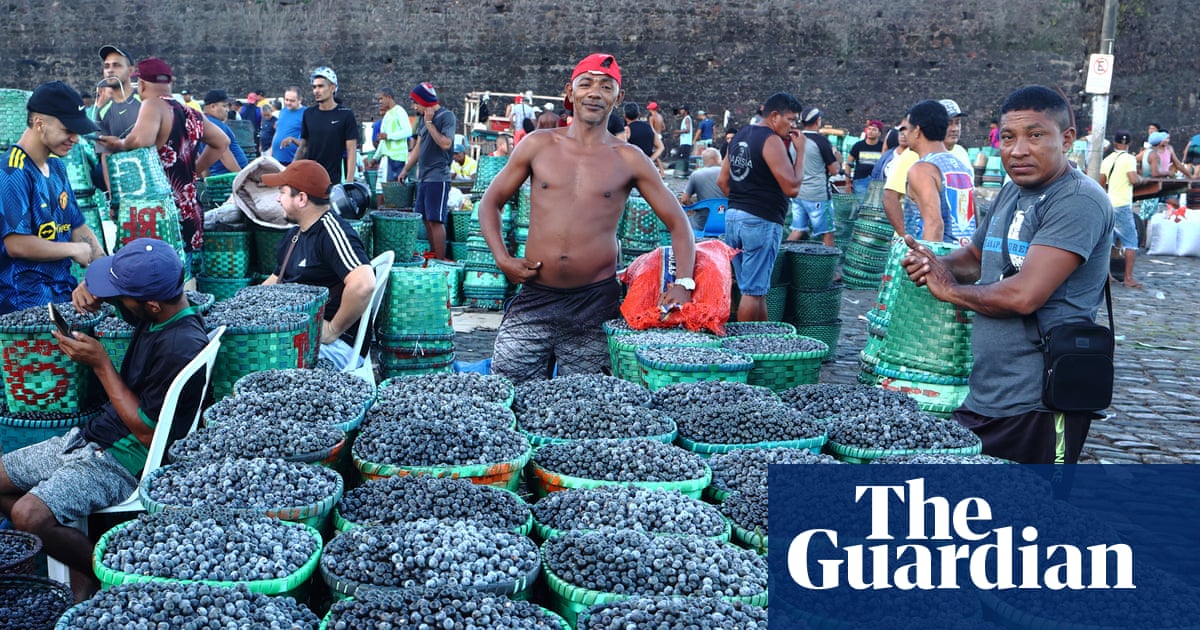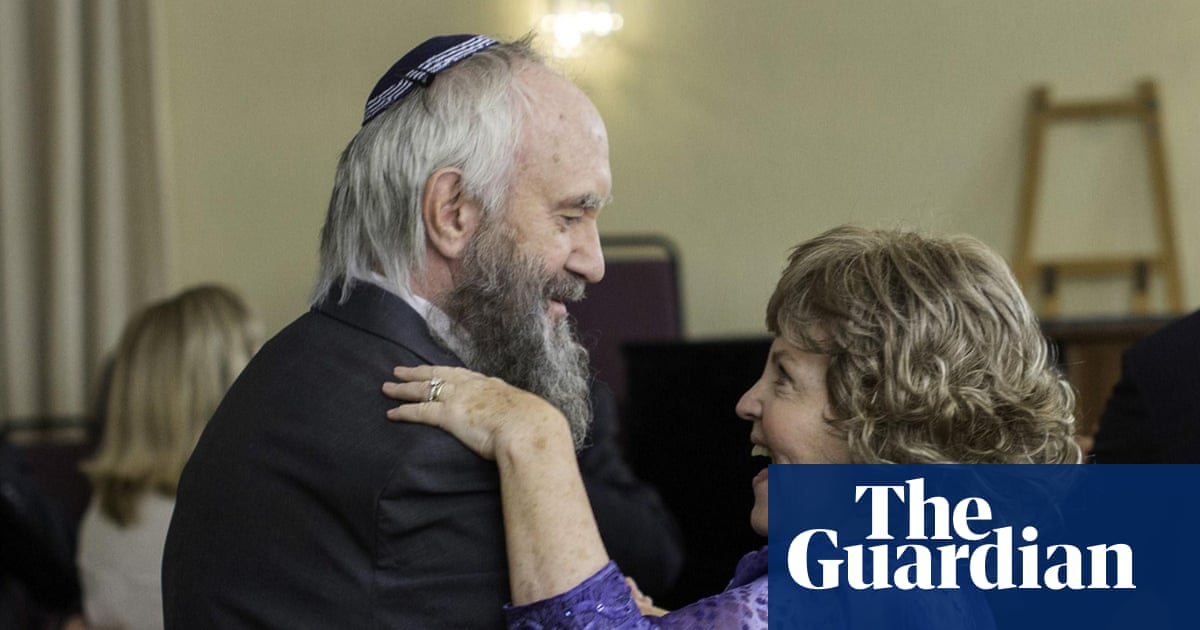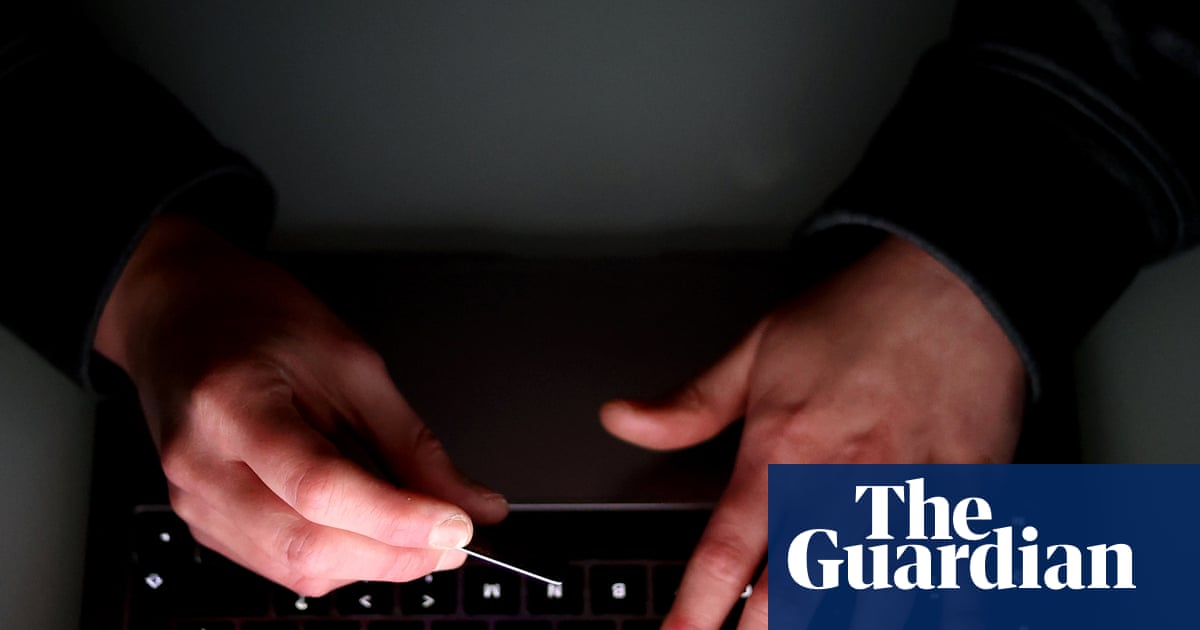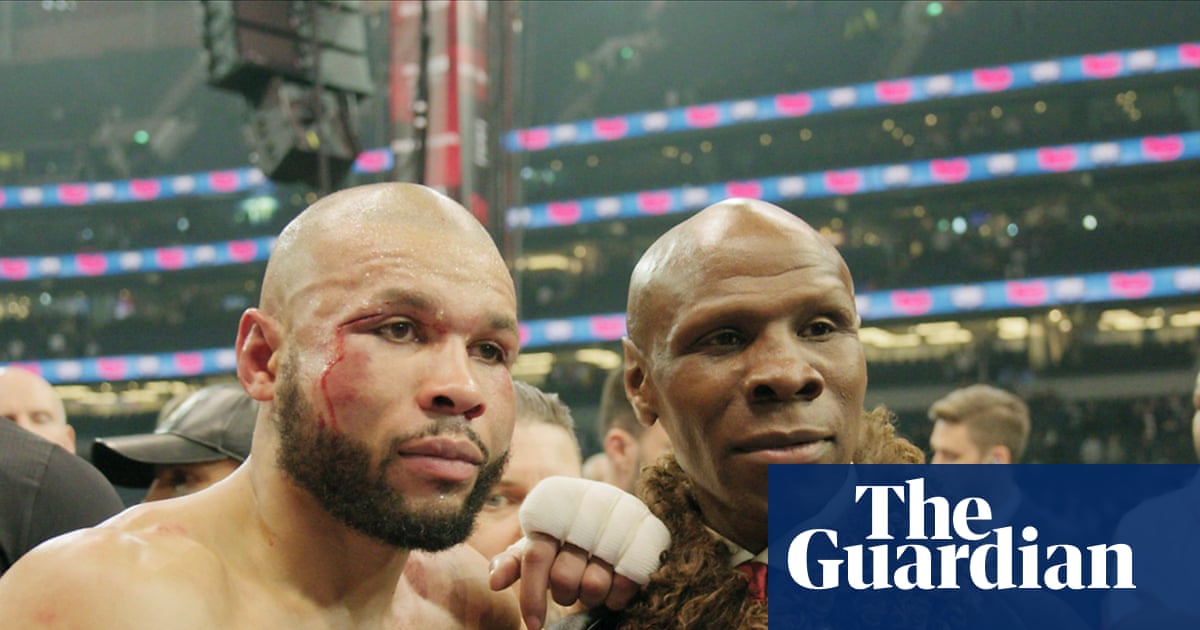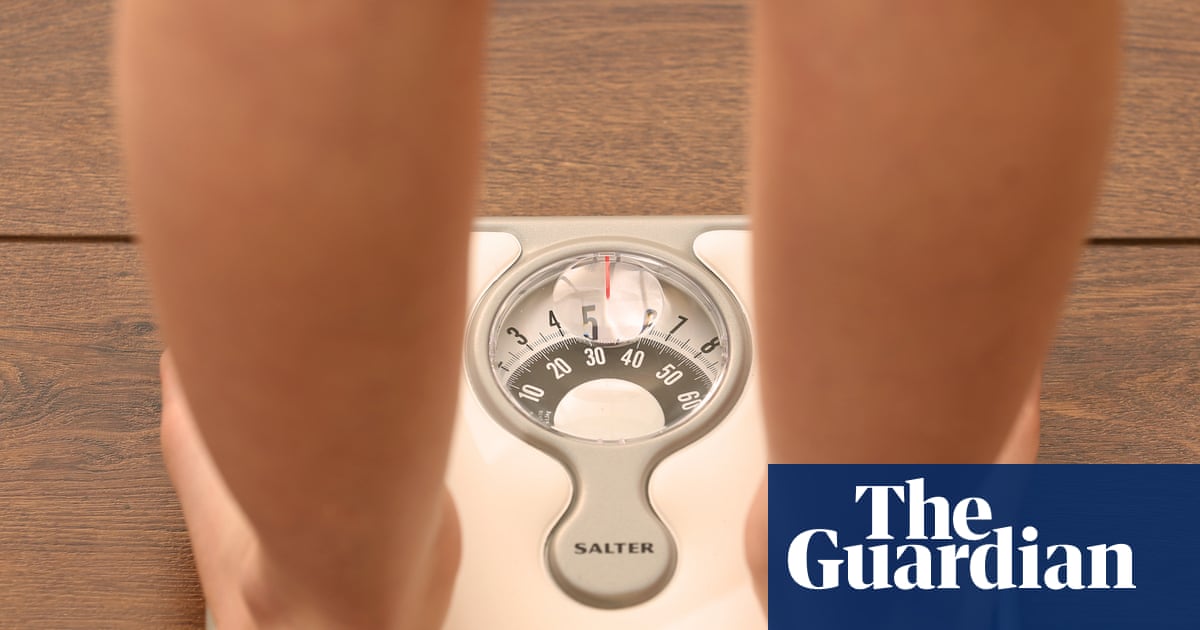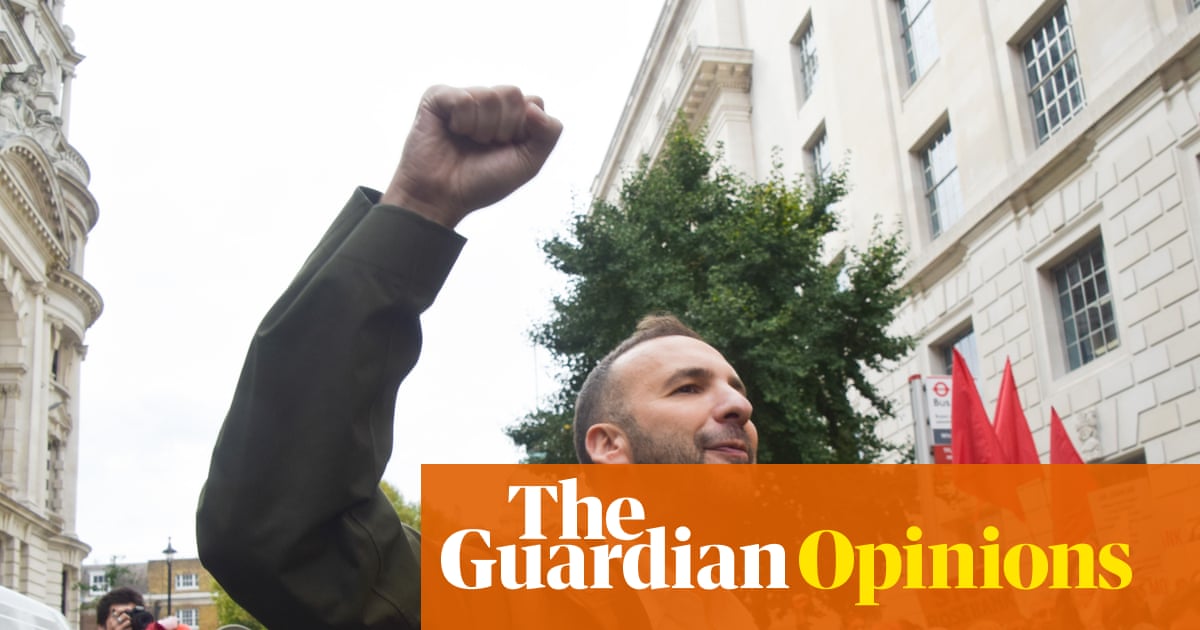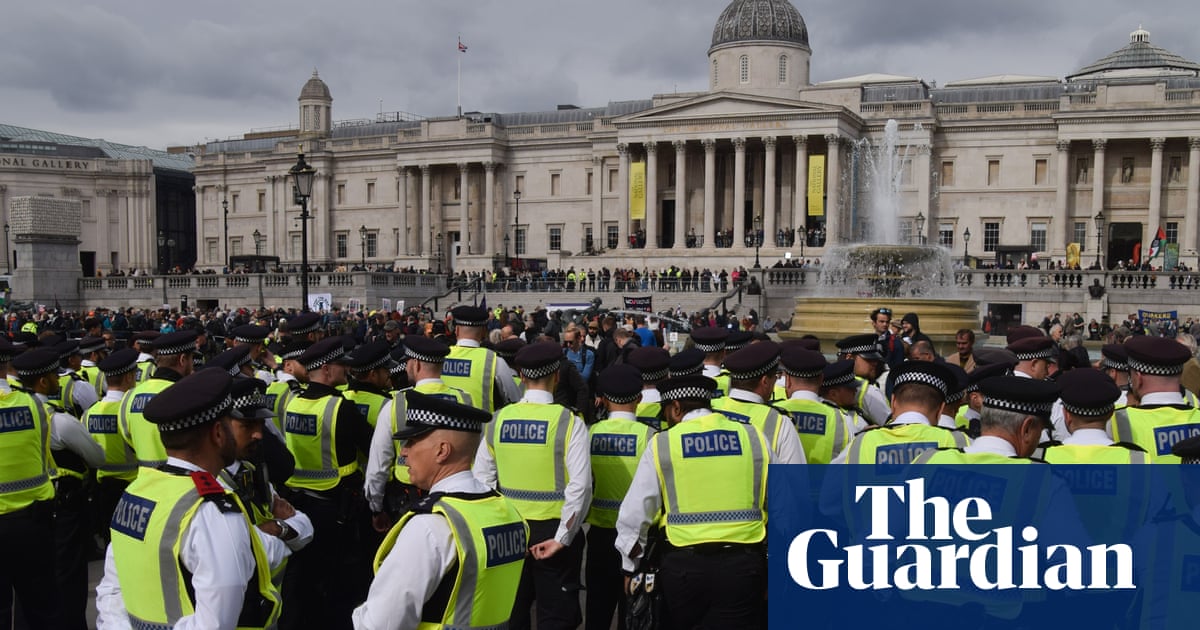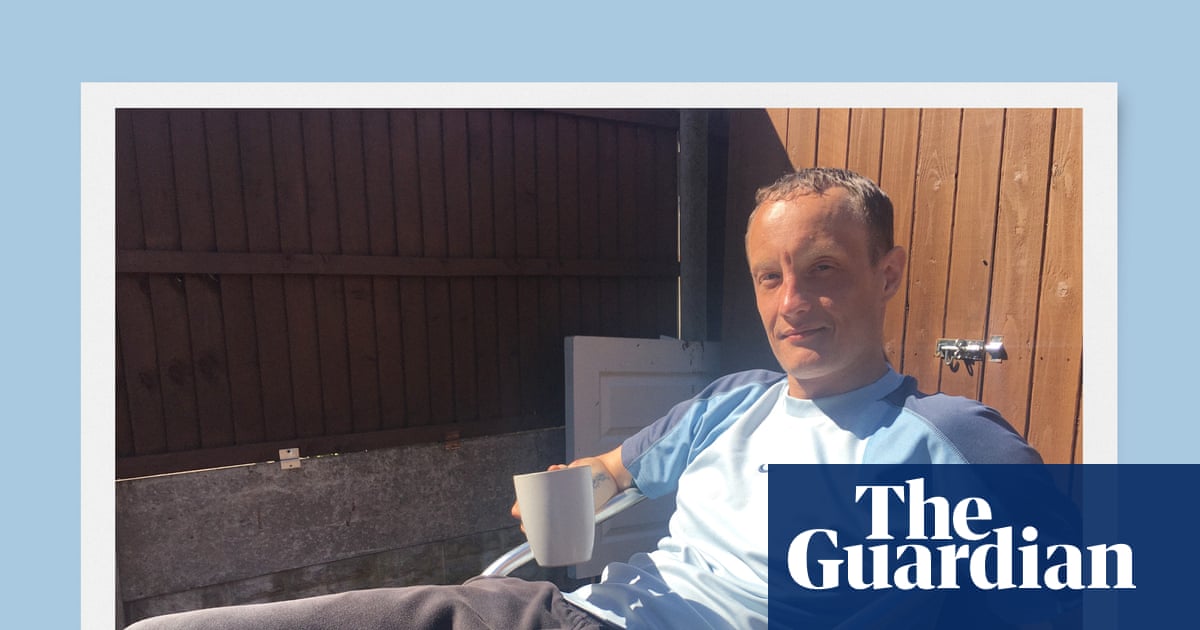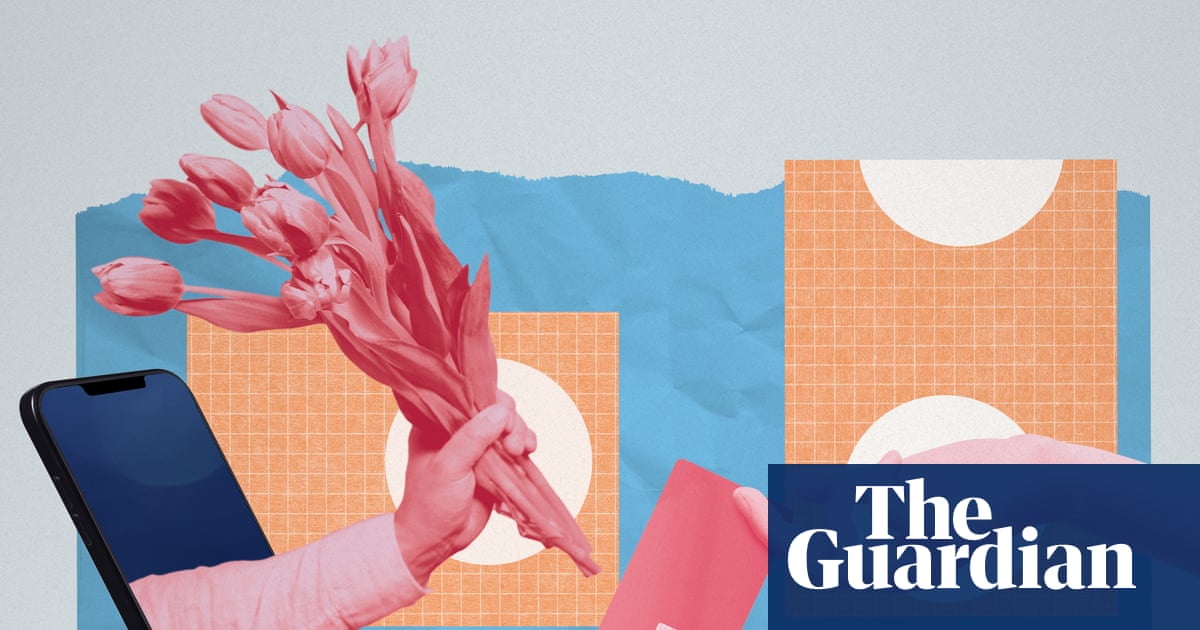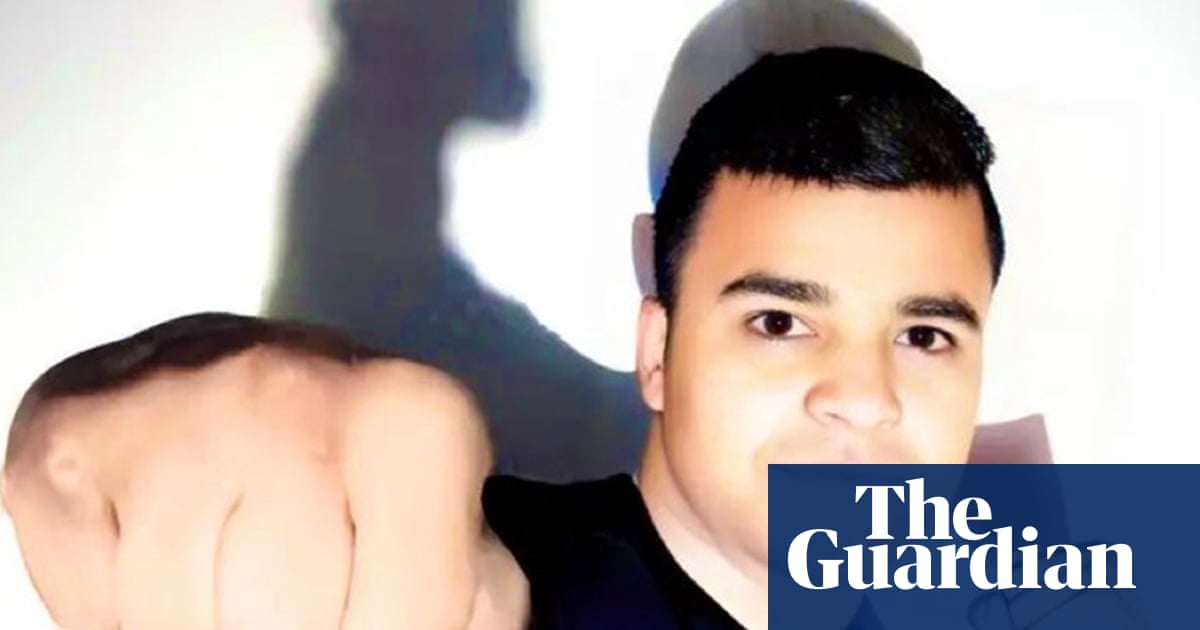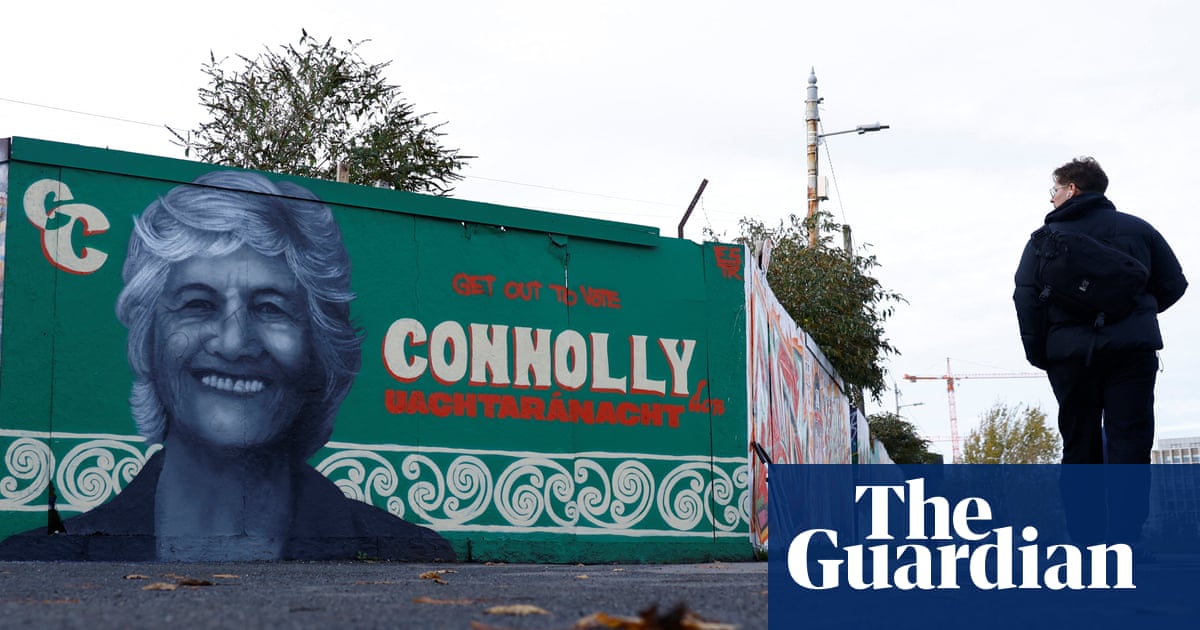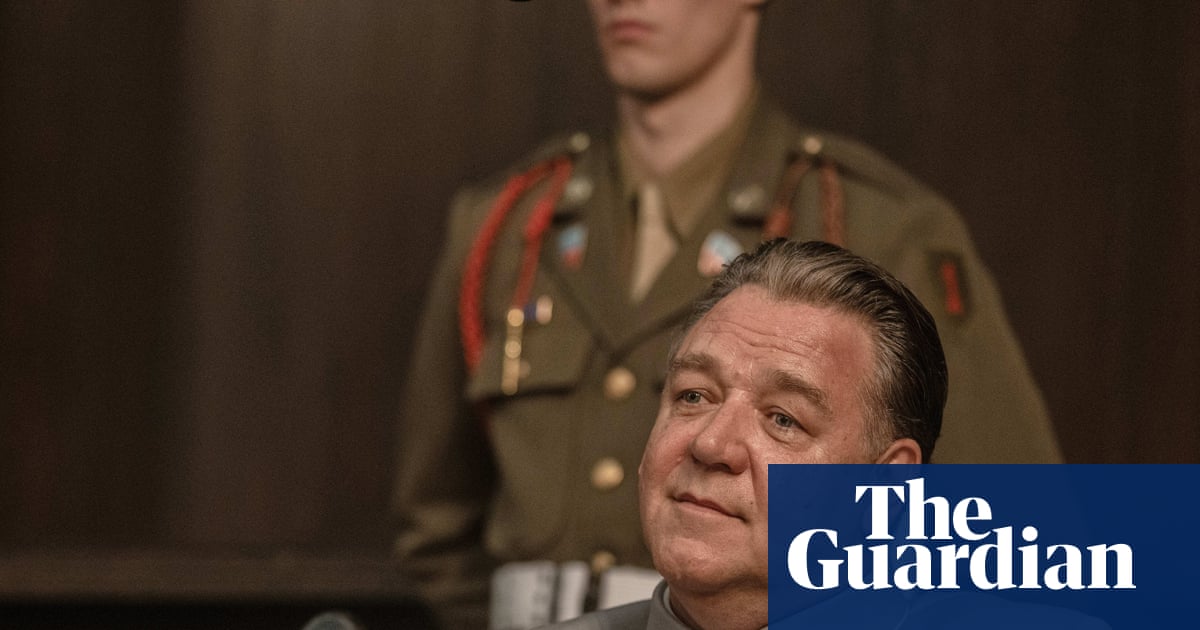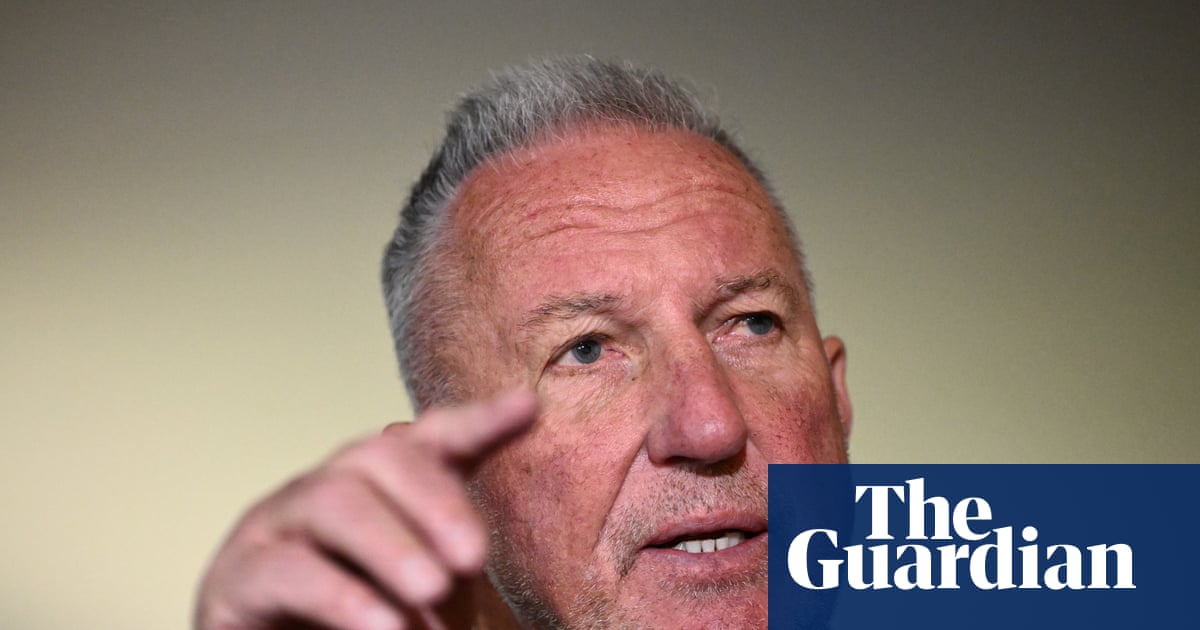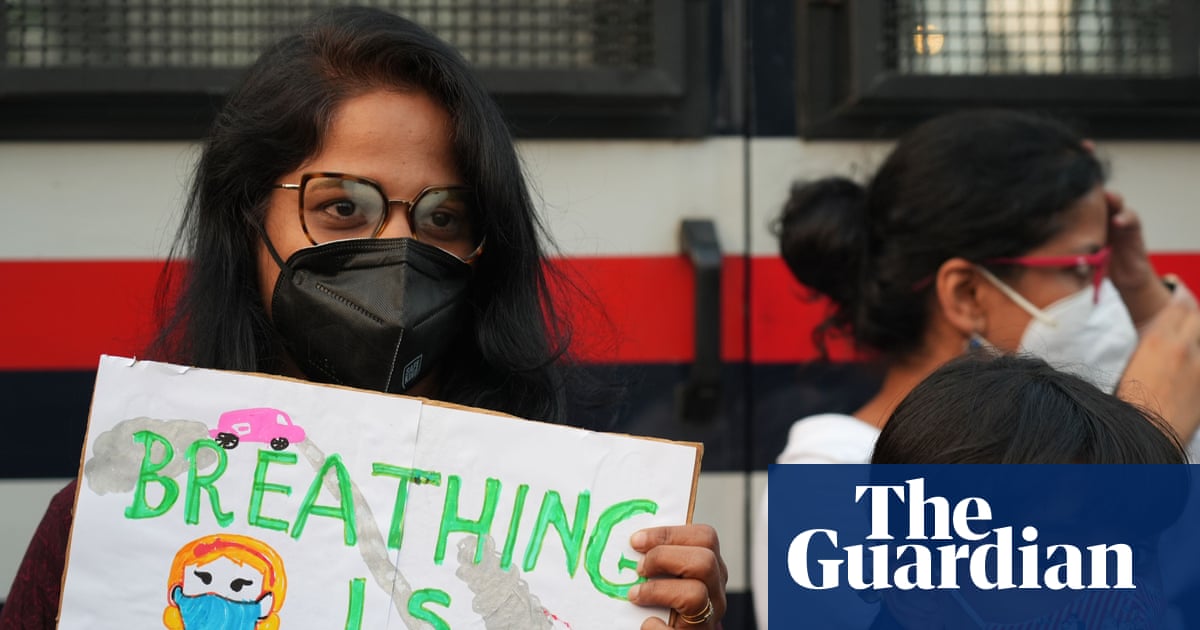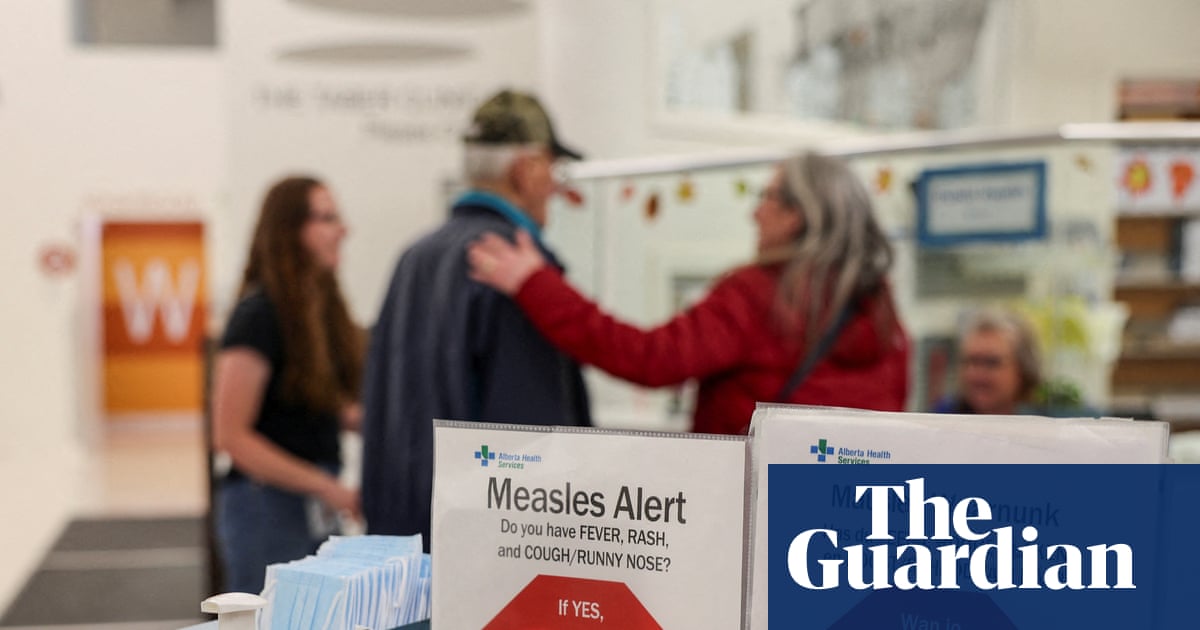When my dad went to school in the 1970s, the kids used to pretend he was invisible. Every day he would try to make conversation and play with the other children, and every day he would be ignored. One night it got so bad that my grandma found him crying himself to sleep, unable to process, as an eight-year-old, why no one would want to talk to “the brown kid”. This kind of social exclusion was sadly all too familiar in postwar Britain – my white grandma had endured her own share of abuse ever since she fell in love with my Sri Lankan grandad in 1966, committing the family’s original sin of interracial marriage.
When I heard these stories as a child, they felt like terrible tales from a different time – one of National Front marches and street battles, shot with big bulky cameras on black-and-white film. Growing up at a multicultural school in south-west London in the 2010s, I certainly had a different childhood to my father’s – the notion of being an outcast because of the colour of your skin was nothing short of laughable. Now, though, it doesn’t seem quite so funny.
Just a year ago, in the aftermath of the Southport killings, towns and cities up and down the country were hit with what can only be described as attempted pogroms. Hordes of men in Middlesbrough stood at intersections checking the skin colour of drivers; family homes were vandalised with racist graffiti; rioters in Rotherham tried to set fire to asylum seeker accommodation. As I turned 19 in the midst of the chaos, I was being taught an important lesson, one that much of my generation has had the luxury of forgetting. For the first time I learned what it really means to live in fear because of the colour of your skin, and it has never left me since.
This is all a far cry from my own laissez-faire childhood, which reflects many of the experiences of young people of colour who grew up at a time when racist attitudes were in decline. In 1993 almost half of Britons said they’d be uncomfortable if their child married someone of a different ethnicity; by 2020 that number had fallen to just 4%, a stunning drop. Likewise, the percentage of people saying that you have to be white to be truly British has fallen from 10% in 2006 to 3%. While British society has always been far from perfect (many have rightly taken aim at the continued prevalence of institutional racism and unconscious bias) a consensus seemed to have evolved that racism was itself a fundamentally bad thing that was on the way out.
There have been many acts of racist violence in the past 30 years – from the London nail bombings of 1999 to the Islamophobic attacks that accompanied the “war on terror”. But something feels different now. Racists in Britain are both more unapologetic than ever and more in touch with mainstream opinion, as our media and politicians happily scapegoat asylum seekers. What this means, in practice, is that I’ve experienced more racism in the last 12 months than the rest of my life put together. Whether it’s being told to go back to my country by a stranger at a London club during Pride or having the slur “Paki” thrown my way more times than I can recall (one particularly uncomfortable incident occurred at a pub on a family holiday in Cornwall), it has now become a regular feature of my life. And it’s not just me feeling this way. Mothin Ali, the new deputy leader of the Green party, took to Instagram just last week to share a video of several men yelling “Paki bastards” at himself and his family. “I haven’t experienced this kind of random racism on the streets since I was a child in the 80s,” he wrote. “I was hoping my own children wouldn’t have to go through the same thing.”
The answer lies not in falling into an alarmist panic, but in rediscovering the lessons that previous generations learned the hard way: the necessity for organised resistance and the strength of our collective power. Last year, at the height of the riots, a message was circulating around from a far-right Telegram group that was organising hate marches across the country. “Niggers, Muslims, Pajeets,” it opened, “you will be slaughtered on Wednesday if you arrive at the protests. Think wisely or die.” That message was designed to scare people such as me away from showing up to counter-protest, to maintain the illusion that it is only the racists who have a voice in our country. But all that message left me with was anger, not fear. That Wednesday I did show up, along with tens of thousands of other antiracists from up and down the country. In Walthamstow, east London, not a single far-right group dared show their faces, and the streets were instead filled with people from all walks of life celebrating together late into the night.
Rather than slipping into despair, it is time for young people to lead the charge against those who want to drag us back to the dark ages. On 13 September, Tommy Robinson and his acolytes are planning on terrorising central London with yet another one of their hate marches, and, once again, we will be on the streets to make clear that we will not live in fear. It doesn’t matter how many homes the far right vandalise, slurs they spew or how much they dominate our political discourse. Just like our mothers and fathers before us, our generation’s fight has come. We will have the audacity to keep winning, so that no child ever has to cry themselves to sleep again.
after newsletter promotion
-
Rohan Sathyamoorthy is a 19-year-old writer from south-west London

 2 months ago
62
2 months ago
62

